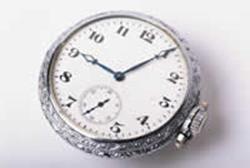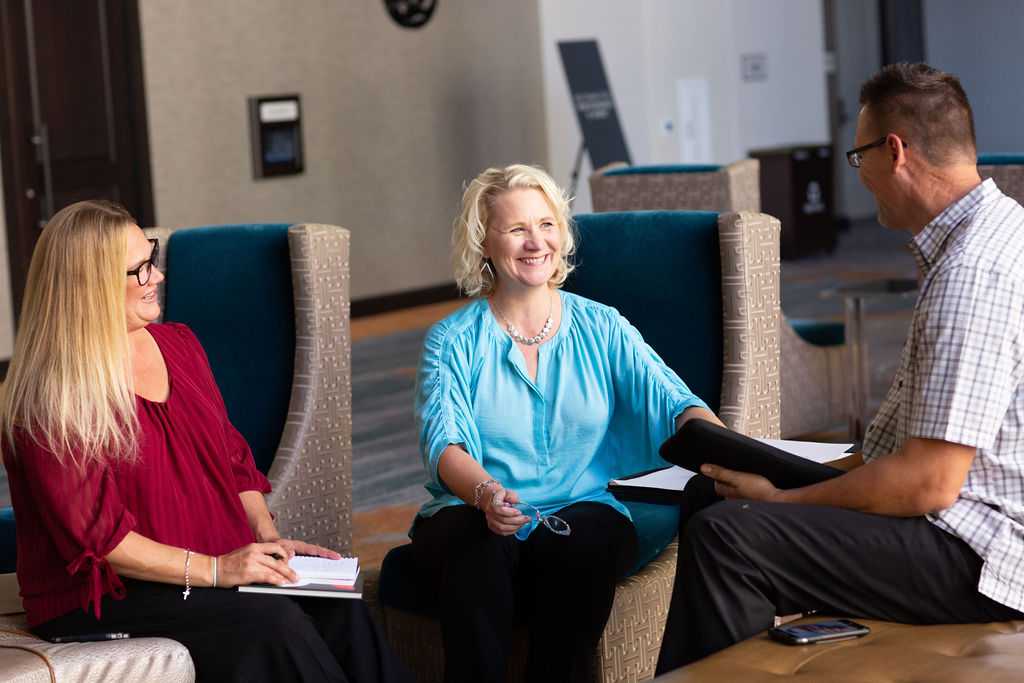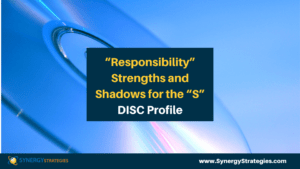6) Have a “power hour.” Designate one hour each day to close the door, shut down e-mail, turn off the ringer on the phone, and guard yourself from interruptions. Have a pre-picked project that you will work on during this time only. Make sure to go to the bathroom, get a drink, and do whatever else you need to in order to ensure you do not leave once this hour starts. Give yourself 30 minutes after this hour to return calls, e-mails, and care for people with whom you need to follow up that you missed during the POWER HOUR.
7) Touch it once. This means e-mail, mail, papers, etc. Touch it and make a decision. File it, toss it, or put it in a place for action. Sorting bins are helpful for this. Label your bins, folders, e-mails, etc. Sorting bins often have labels like: read, file, do this week, urgent, bills, etc. Also, if your subject lines in e-mails are accurate, it is easy for both you and the recipient to find the e-mail. Paper, soft copy (computer), and e-mail folders should have matching labels.
8) Have daily habits. After you develop a routine of things that are simple but important, your body will naturally do them. This is important because we can get distracted by our regular routines and use them as vices to interrupt, procrastinate, and prolong important things that really need to get done. If you start your day right, you will be ready to do those urgent and important tasks, increasing your everyday productivity.
9) Pre-prep. Have you ever been amazed on cooking shows how they make a complicated dish in 10 minutes? Ok, part is edited TV time, but they also have everything pre-prepped for quick assembly. Why not do the same? Prepare your information packets and new client folders, turn common documents into a template, set up e-mail group/ distribution lists for teams, etc.
10) Maximize car systems. Listen to a book on audio to maximize your windshield time and learn. Have a bin to put important things in, rather than having them all over the car. Have a trash bag to catch the liter. Always have a bottle of water in the car with you; dehydration causes fatigue, memory loss, and low concentration. Make sure your contacts are portable (e.g, phone, planner, business card file book) so you can keep people and numbers at your fingertips (so that you can call if you’re running late, caught in traffic, etc.). Enjoy relaxing, breathing, and taking in the day while driving (rather than cleaning, talking on the phone, etc.)
Be the master of your domain.
When you implement a few simple productivity strategies and develop them as time saving habits,
you will quickly enjoy the benefit of more time and energy and overall increased productivity.

*Tracy, Brian. Eat that Frog! 21 Ways to Stop Procrastinating and Get More Done in Less Time. San Francisco: Berrett-Koehler, 2001






